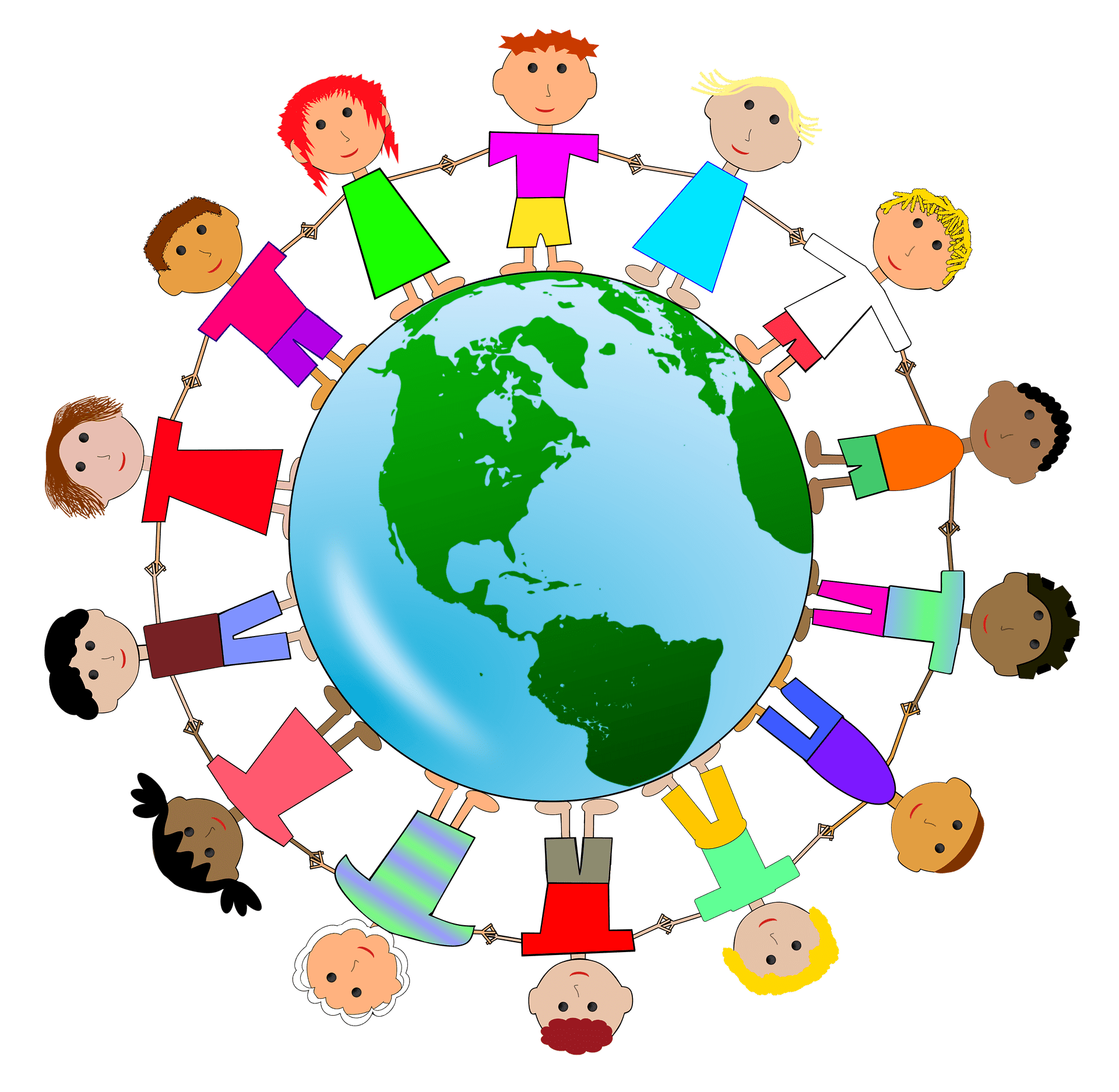Plastics
Plastics may well become the single most important invention that will plague us in the future. Things are bad already, but we have not yet seen the real effects of all the micro-plastic particles, out in the world, and also inside each of us.
There are many ways in which we can combat this very real threat.
The single most important is to use less. This is obvious, but, I have come to realise, doing so seems to be absurdly difficult. This is partly because many products can only be bought encased in plastics. More embarrassingly, however, I have to fight a constant battle with myself to do some very simple things to reduce my use of plastics.
One very effective step is to look for products that are not wrapped in plastics. For example, I am trying hard to buy loose fruit and vegetables, where available, and also look at the butcher/fishmonger options for my fish and meat. And yes, I am trying to eat less non-vegetarian stuff.
It has surprised me how much effort it seems to take for me to make this a habit – I keep reaching for those nicely plastic packed products even when the very same item, for example, a particular variety of apple, is also available loose.
Yes, we must do everything we can to recycle our plastics, but I think we are all increasingly aware of the problems that are highlighted in the video below. Bring less into your home and then you’d worry less about how it is recycled.
Another great habit might be to reuse your plastics as many times as possible. But, will that release more of the micro-particles into the environment. More on that soon.
The recycling myth: What actually happens to our plastic | DW Planet A
Is Mycelium Fungus the Plastic of the Future? | Undecided with Matt Ferrell
Why Algae Could be the Plastic of the Future | Undecided with Matt Ferrell
